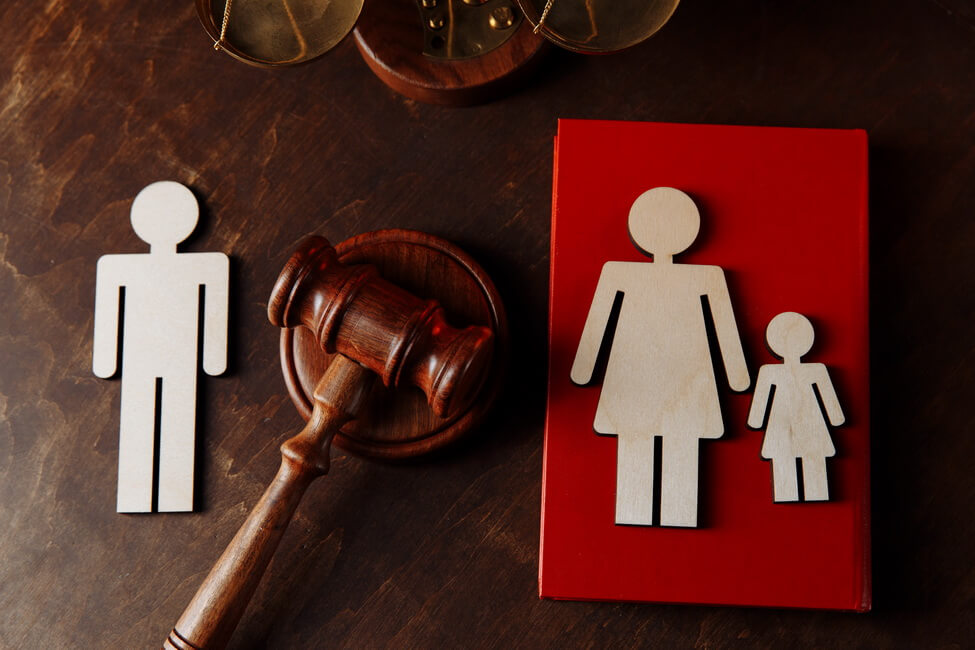Inheritance under Egyptian Personal Status Law

Inheritance law in Egypt is closely tied to stability, security, rights, and obligations. Egyptians have a long-standing tradition of respecting and applying the law, with every potential heir typically aware of their share in accordance with inheritance distribution rules.
Impact of Economic Inflation on Estate Distribution
Inflation negatively affects estate division in various ways. It erodes the value of assets over time, especially liquid ones such as cash, reducing the actual value inherited. It also complicates inheritance planning due to the difficulty of asset valuation, potentially leading to disputes among heirs.
Legal Basis of Inheritance in Egypt
The legal foundation of inheritance in Egypt is Islamic Sharia, which governs the distribution of estates. The Personal Status Law, which is based on Islamic law, applies to all Egyptians in inheritance matters, with certain exceptions and judicial interpretations that aim to balance Sharia principles with the rights of non-Muslims.
There is an ongoing call to issue a separate personal status law for Christians that aligns with Christian doctrines on inheritance.
Legal Capacity in Inheritance
Legal capacity refers to a person’s ability to acquire rights and obligations related to inheritance, particularly the ability to manage inherited assets. It includes:
- Capacity to Acquire Rights (Ahliyat al-Wujub): Acquired at birth and lasting until death, allowing one to gain rights.
- Capacity to Exercise Rights (Ahliyat al-Ada’): Refers to a person’s ability to perform legal acts, which develops over time and depends on factors like age and mental ability.
Conditions of Capacity in Inheritance:
- The heir must be alive at the time of the deceased’s death.
- There must be no legal impediment to inheritance (e.g., intentional killing of the deceased by the heir).
- In some cases, the heir must have the mental capacity to understand inheritance-related transactions.
Eligibility in case of incapacitated persons:
If the heir lacks capacity (e.g., a minor or a person with mental illness), a guardian or the Public Prosecution acts on their behalf.
- Purpose of Legal Capacity
- Determining rightful heirs
- Managing estate distribution
- Safeguarding heirs’ rights
For example, if a person dies leaving behind a wife and children, they all inherit. If one of the children is a minor, a guardian manages their share on their behalf.
Primary Causes of Inheritance (Articles 232 to 234)
Legal marriage and legitimate blood relations, Death of the deceased (actual or legally presumed after prolonged absence).
The heir must be alive at the time of the deceased’s death or presumed to be so (e.g., unborn child born alive).
Excluded Categories from Inheritance
The following do not inherit unless mentioned in a will:
- Individuals not legally married (e.g., stepfather, stepmother)
- Adopted children
- Offspring from illegitimate unions
- An heir who kills the deceased intentionally
- Individuals who convert from Christianity and remain so until the deceased’s death
- A wife divorced through a final (irrevocable) divorce
Legally and Religiously Recognized Inheritance Shares (Articles 240–251)
Half (1/2): Husband (if there are no children or grandchildren), daughter (if she is the only child), full sister (if no full brother or other heirs), sister by father (under similar conditions)
Quarter (1/4): Husband (if the deceased has children or grandchildren), wife (if no children or grandchildren)
Eighth (1/8): Wife (if the deceased has children or grandchildren)
Third (1/3): Mother (if no descendants or multiple siblings)
Two-thirds (2/3): Multiple daughters, sisters, or half-sisters (in the absence of sons or brothers)
Sixth (1/6): Father (if there are children), grandfather (if no father), mother (if there are children or siblings), grandmother, granddaughter, maternal brother (under specific conditions)
One-third of the remainder: Occasionally awarded to the mother
Residue (by agnatic succession): Divided among sons and daughters with males receiving double the share of females
Special Cases
Inheritance of a Fetus: Inherits only if born alive after the deceased’s death—even for a moment post-delivery and after umbilical separation. If stillborn, there is no right to inherit.
Digital Inheritance
Digital inheritance includes all digital assets and data of a deceased person, such as social media accounts, emails, photos, videos, digital files, websites, blogs, and cryptocurrencies.
Legal Procedure for Estate Distribution
- Death Certificate: Obtain an official certificate from the Civil Registry
- Heirs Identification: Submit a request to the competent court
- Inheritance Order (إعلام وراثة): Officially issued after identifying heirs and their shares
- Estate Distribution: Carried out in accordance with legal shares
- Lawsuit: If disputes arise, a court case may be filed to divide the estate
Inheritance Disputes and Resolution
Disputes often arise due to unclear wills or perceived unfairness. Common issues include:
- Lack of clarity in the will
- Unfair distribution
- Bequests made to heirs (which may be contested)
- Claims of property ownership or debts
Legal Solutions
Negotiation: Direct discussions among heirs
Mediation: Neutral party facilitates agreement
Arbitration: Binding decision by an appointed arbitrator
Litigation: Final option in court when all amicable methods fail
Inheritance Rights Cannot Be Denied
It is both religiously and legally impermissible to deprive a rightful heir of their inheritance, except in legally recognized exceptional circumstances.
Working Wife’s Inheritance Share
A wife inherits:
- One-eighth if her husband had children
- One-quarter if he had no children
Other factors, such as the presence of parents or grandparents, may affect the share.


